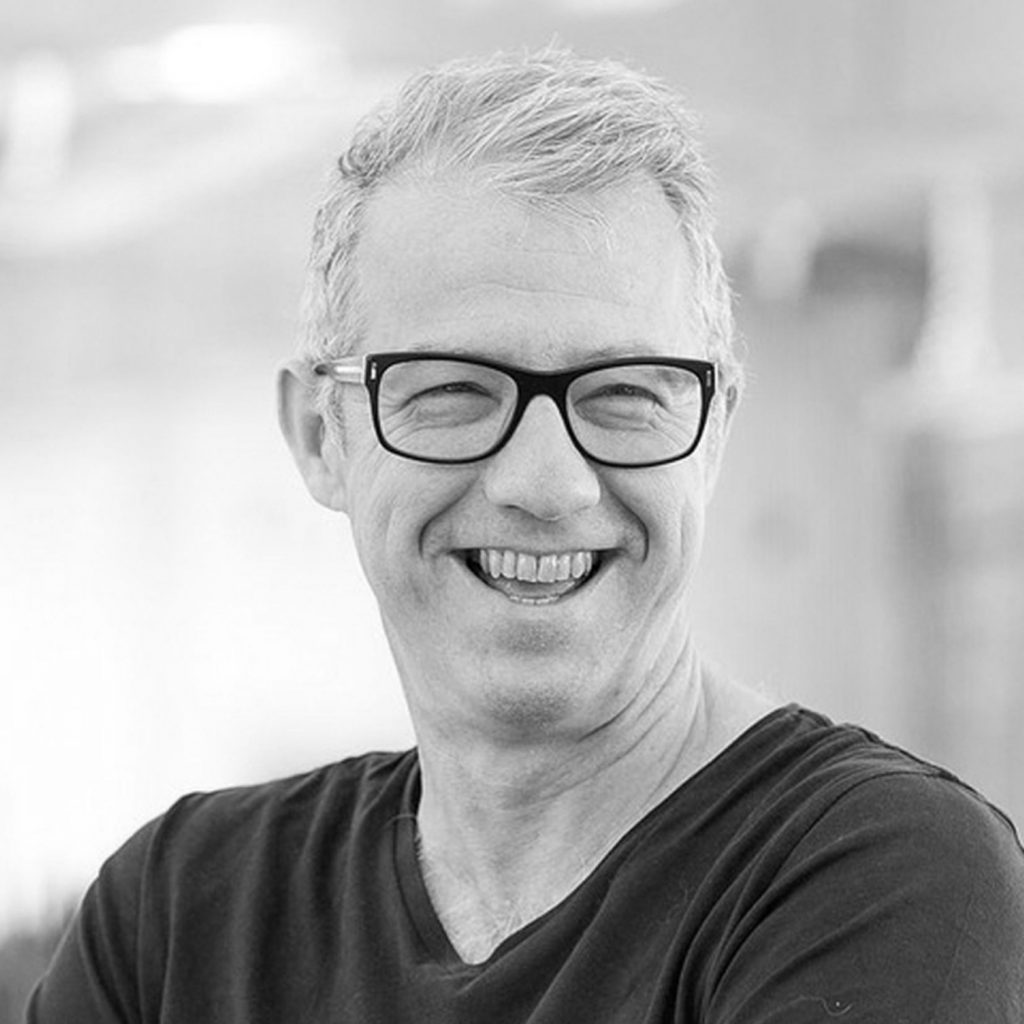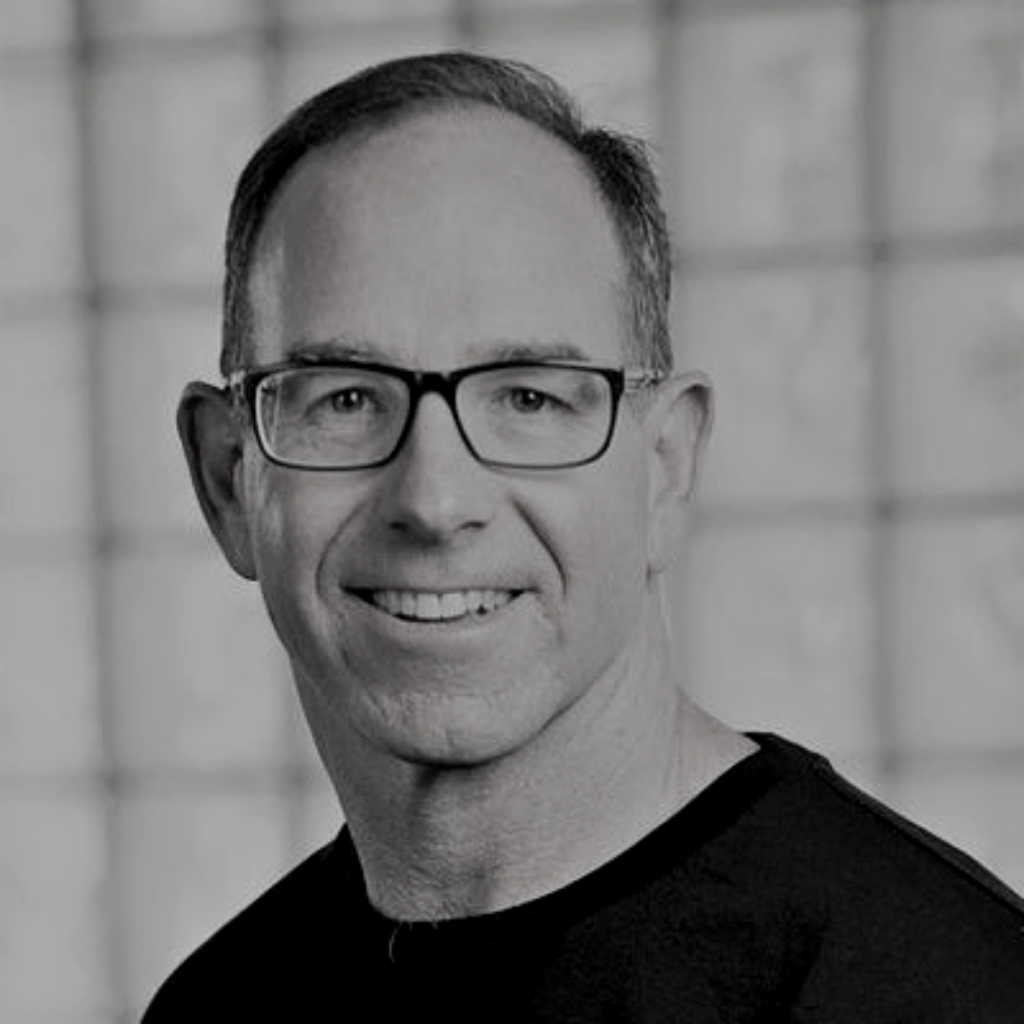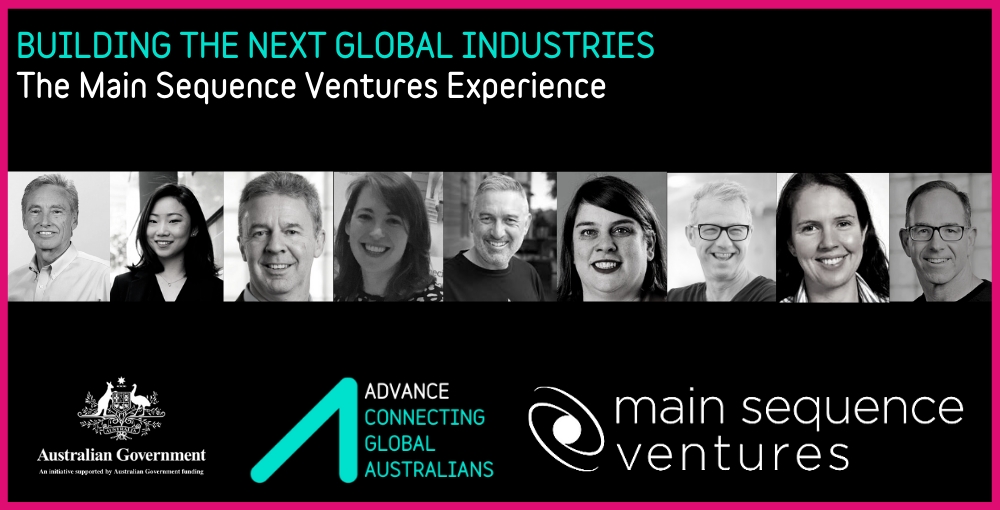WATCH > Yasmin Allen, Chairman of Advance.org welcomes Managing Partner of Main Sequence Ventures, Bill Bartee to introduce the approach taken building the next global industrial giants from Australia.
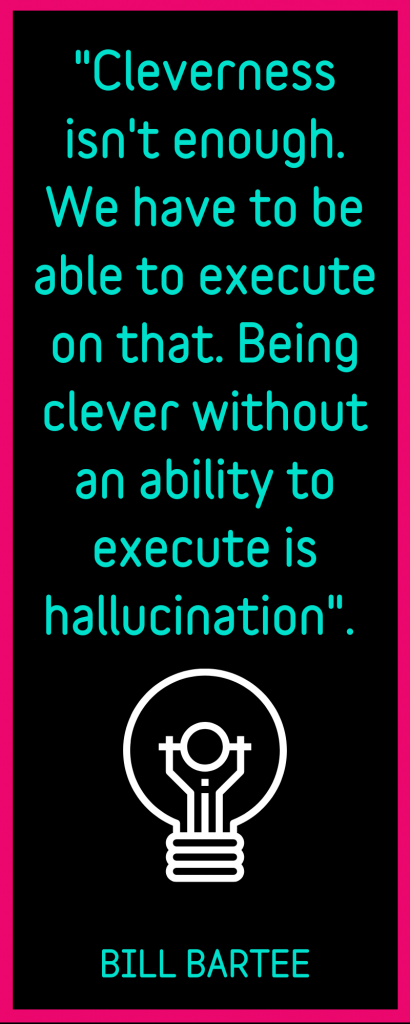
Australia has an opportunity to emerge from the Covid-19 pandemic with a new generation of global technology companies that can transform major industries. These companies can create the attractive jobs Australians want, improve our standard of living and lay the foundation for decades of sustainable growth.
We were introduced to the work of venture capital firm Main Sequence Ventures and their portfolio of Australia’s most ambitious deep tech founders during a briefing : Building the next global Industrial Giants from Australia and we were inspired to hear about the investment made by their first fund in 25 companies, that delivered top quartile results as measured against their global peers. The Main Sequence Ventures team, which is part of CSIRO, giving them access to the 3500 scientists, will soon be raising its next fund to enable founders to build companies based on science and disruptive solutions. As Managing Partner Bill Bartee said, these are companies that “solve a very hard problem in a very large market with a product that is difficult to replicate” meaning these companies deliver a massive opportunity.
Guests from across Australia and from China, Cyprus, Japan, Singapore and the United States joined the conversation. After the overview, we moved into five Zoom Rooms each led by a partner. Provided below is a recording of the presentations delivered.
Feeding 10 billion people – how will we learn to make twice as much food with half as much planet?
We take it for granted but the process of producing and distributing food is fragile, as we all recently observed during COVID-19. In the coming decades we will need 2x the food we have today as we race towards a world with 10 billion people. But agriculture already uses 40% of our land, 70% of our water and creates 30% of our GHGs. We’ve run out of planet. Meat is particularly hard to scale. Of the 330m hectares of Australian agricultural land, 300m hectares is used as grazing pasture and cows ‘cost’ around 22 kg of CO2 per kg of beef produced. Phil’s message is not that we should stop producing meat from cows. It’s simply that it’s not possible to make 2x the amount with cows. Meat is a trillion $ global market, Phil discusses how we can help build another trillion dollar protein market from Australia to feed the planet.
Phil Morle is a Partner at Main Sequence Ventures and was the founder of Australia’s first Silicon Valley style incubator, Pollenizer, and played an instrumental role in developing the startup ecosystem across the Asia-Pacific region. He has also advised some of the world’s biggest organisations on practical ways to deliver new growth and the cultural change that is required to get there. Prior to forming Pollenizer, Phil was CTO at Kazaa, a peer-to-peer file sharing application which at one stage was responsible for most traffic on the internet and had over 30 million users. Phil served on the Telstra CTO Advisory Board between 2015 and 2017. He is a member of the Board of Food Agility CRC. Phil’s contribution to the startup ecosystem has been recognised through awards including the Founder Institute Mentor of the Year in 2015 and the Deloitte Fast 50 in 2010 for Pollenizer. Phil currently sits on the boards of Main Sequence Ventures Fund 1 portfolio companies v2food, Maxwell Plus, RapidAIM, Nourish Ingredients, Coviu, and Q-CTRL.
Space technologies – why we need an Australian sovereign space industry
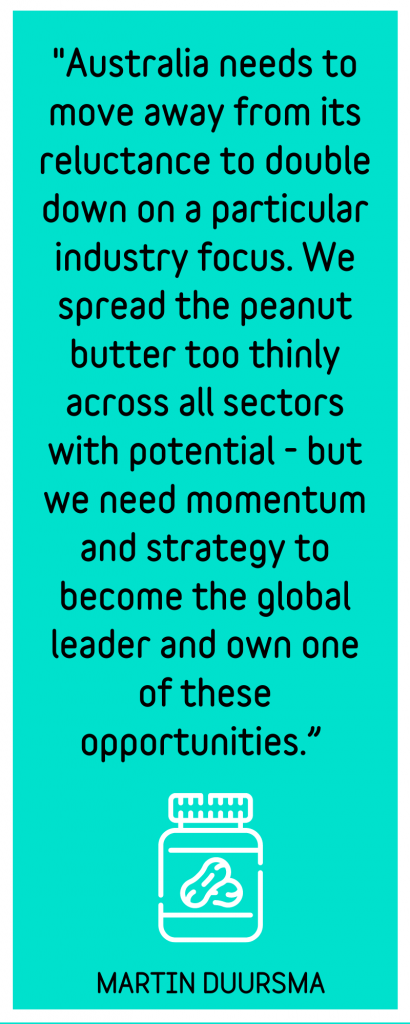
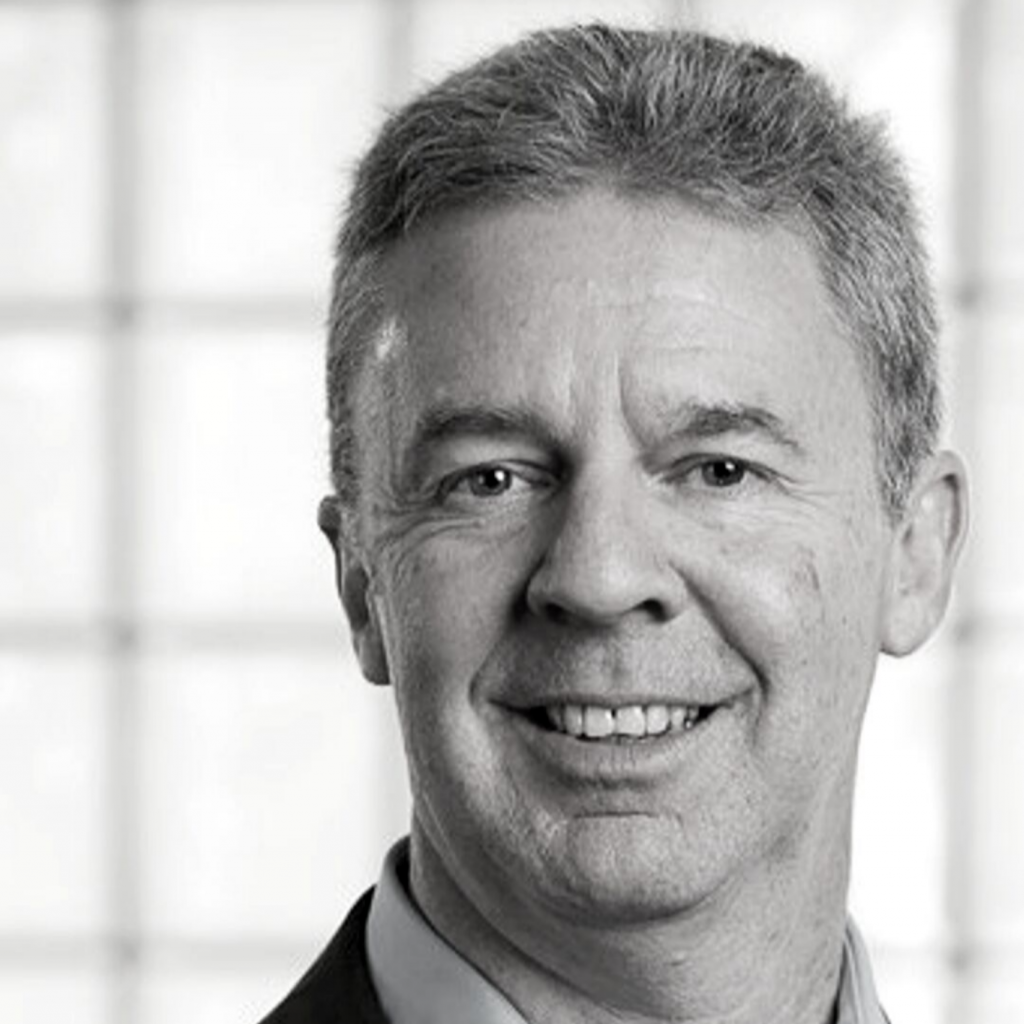
The last 10 years has seen the space industry transition from a mainly government led and funded set of programs to the civilian sector becoming a major driving force for innovation and new business models. Space technologies power our modern society, from GPS to communications, climate monitoring to water management and more. Today it is possible for any country or company to launch a small satellite for earth observation, indeed you could order one and have it up and taking pictures in less than 12 months and for less than $2m. Space has now become a new commercial platform opportunity. In Australia the government has formed the Australian Space Agency with a goal to create 20,000 new jobs and tripling the sector to $12B by 2030 . Martin discussed why now is the time to invest and take the best and brightest ideas from Australian research and industry to build the Australian sovereign space industry.
Martin Duursma has over 25 years’ experience as a senior executive, technologist, business founder, angel investor and mentor both in Australia and the US. Prior to joining Main Sequence Ventures, Martin was a senior executive with a range of global responsibilities at Citrix. Martin joined Citrix in 1997 when it acquired Datapac Australasia, a company which he co-founded. While at Citrix, Martin started and built the company’s research arm, Citrix Labs, started and led the CTO Council and CTO function and also founded the Citrix Startup Accelerator and led the investment in over 30 new companies. As VP and head of the Global Technology Office, Martin led due diligence in over 60 transactions totalling $2.5 billion in value. Martin continues to be active as an angel investor as well as in various advisor and mentor roles at Macquarie University, CSIRO ON Accelerator and on the Expert Panel of the NSW Physical Sciences Fund. Martin holds a Bachelor of Computer Science and a Bachelor of Electrical Engineering from Sydney University. He currently sits on the boards of Main Sequence Ventures Fund 1portfolio companies Myriota, Advanced Navigation, Gilmour Space Technologies. and Fivecast.
Industrial Futures – will we ride the coming technology wave or wipeout?
Australia’s mining industry underpinned our economic growth for the last several decades. Despite a challenging landscape and highly variable conditions, we have managed to become one of the world’s premium farmers of produce, grains, protein, wool, cotton and more – highly sought after by our largest trading partners. Our leading companies in construction and infrastructure have a strong track record of building and running valuable assets around the world. Technological advances in sensors, processing, storage and communications – all controlled by increasingly intelligent software – bring the promise of new applications for machine learning & AI-powered systems, remote sensing imagery, advanced robotics, autonomous drones and secure distributed ledger systems. The challenge: how to leverage technology to not just maintain, but build on our leadership in these critical sectors. Mike will discuss the emerging solutions Australia is building to create safer and more productive worksites, improved traceability, security and provenance in food systems, and more automated, higher value and less impactful mining.
Mike Zimmerman has 20+ years of startup operating and investing experience in Australia and the US, working with dozens of venture-backed companies. Prior to Main Sequence, Mike was President of Propeller Aero, a leading drone data services company, and Founder/CEO at BuildingIQ, a leading energy management software business based on technology created at CSIRO. He led BuildingIQ from inception to its establishment as an industry leader, raising $20 million from investors and expanding the company to the US. He also served as the first Entrepreneur-in-Residence at CSIRO, and assisted in the development of the CSIRO ON Accelerator program. Previously he was a General Partner at Technology Venture Partners (TVP), which managed $200 million, and invested in leaders such as Threatmetrix, Engana and Viator. He was also with Altos Ventures, a Silicon Valley venture firm. He holds an MBA from Stanford University and a Bachelor’s Degree (Honours) from Amherst College. He currently sits on the boards of Main Sequence Ventures Fund 1 portfolio companies Flurosat, Emesent, Kasada, Lumachain and Presien.
A missed opportunity – the history of Wifi and Semiconductors and what comes next?

Semiconductors are the new oil. They have become a weapon in the global trade war. Global Semiconductor revenue is US$400B+ pa, it is one of the largest industries in the world and Australia gets almost none of that revenue. In the late 90s Australia launched a WiFi chip company called Radiata, born out of a collaboration between CSIRO, Macquarie University and numerous other research institutes. In 2001 Radiata was acquired by Cisco for ~A$600M prior to launching its chip on the market.This was a missed opportunity for Australia to build a Semiconductor industry. Fast forward twenty years and we now have a vital second chance to build the next generation of WiFi from Australia. Mike discusses a number of initiatives to reinvigorate Australian capability in the Semiconductor space.
Mike Nicholls has over 25 years’ experience as an entrepreneur, inventor and technologist. Prior to this Mike was the Australian director of US-based Intellectual Ventures, a USD6 billion 70,000 patent investment fund for intellectual property. He recruited Australian University researchers, reviewed over 500 inventions for acquisition and launched new startups including founding Visimagic Inc., which develops Machine Learning and Computer Vision applications. Mike began his career in the Royal Australian Navy working in aircraft engineering, managed sales channels and networking equipment for Hewlett Packard, built and sold an ISP/IT services business and helped a Sydney-based venture capital fund exit a number of companies. He is actively involved with The University of Sydney’s INCUBATE program, Cicada MedLabs, UTS Startups, UNSW Founders 10x and George Institute, as well as CSIRO ON Accelerator and PRIME programs. Mike publishes a Science meets VC podcast and owns startup88.com. He sits on the boards of Main Sequence Ventures Fund 1 portfolio company Morse Micro, is an observer on the board of Inventia and an advisor to Indee Labs.
Quantum technologies – are we going to become a net producer or net consumer of this revolution?
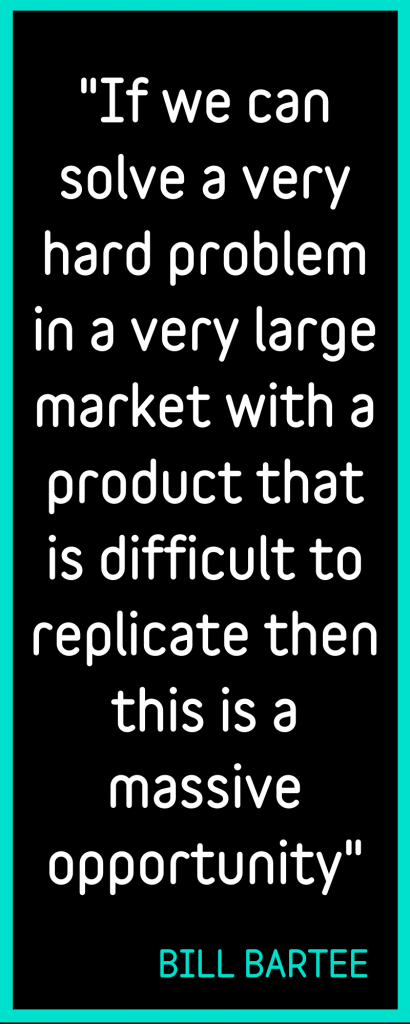

Quantum computing potentially could change the world. It could transform drug development, make communications much more secure, and make the uncomputable computable. IBM, Microsoft, Google, Hitachi, Alibaba, many startups, and Federal governments are all racing to build reliable quantum computers. Right now we are at the calculator phase of QC and Google has just proved something called quantum advantage where their 53 qubit machine did a calculation in a few minutes that would have taken a classical supercomputer 10,000 years. We are at the dawn of a revolution in computing where QC could be the most important computing technology this century. Australia now has a huge golden opportunity in front of it – what if we could lead the world in QC and create new industries. We have all the ingredients to be successful: A critical mass of talent, leading research at our universities; and an emerging QC startup sector. Quantum computing needs capital and backing. The real question is do we have the will, the patience, and the stomach to build and lead this exciting new industry or are we going to let all the talent go overseas and become a net consumer of the revolution vs a net producer?
Bill Bartee is Managing Partner at Main Sequence Ventures. Before MSV he co-founded and was a Partner at Blackbird Ventures. Blackbird’s first fund is a top decile performer globally and the portfolio includes companies such as Canva, Culture Amp, Safety Culture, Zoox, and Autopilot among others. Bill is an active mentor and participant in Startmate and is well known in the entrepreneurial community. Bill has sourced and led early stage investments in several multi-billion dollar valued companies including Seek, Altium, Looksmart, Culture Amp and onebox among others. Bill holds a Bachelor of Science and Juris Doctorate degree. He currently sits on the boards of Main Sequence Ventures Fund 1 portfolio companies Practera, Kapiche, Cylite, Prospection, and Trellis Data, and is an observer on the board of Baraja.
Further information
The power of engaging diaspora > More
The Enterprise Ireland model > More
Future ready economies, AICD Governance Summit 2020 > More
Feedback
“Excellent. Well done. Thanks for the invite.”
“Very impressive session”
“Congratulations on a successful event”
“Another fantastic call- congratulations!”
“I thought it was great. It was out their thinking – very progressive. I also liked the idea of different rooms.”
“Thank you very much for an exceptional event this morning.”
“Thought this morning was excellent”.
“OMG!!!!!!!What a great session”
“They are such great guys – I’m going to try one more time to get my PE team more engaged with them!!”
“Such a fabulous session and the breakout rooms were terrific. LOVED the food breakout.”
“Great session this morning – format went really well although the Wifi presentation went on too long describing the specific use case rather than the broader issue of Australians sustaining the development and commercialisation of their innovations so that there are more Australian Googles of the world” [Ed: thanks for the feedback. We will take another look]
“Great insights from the Main Sequence Ventures team CSIRO – I sat in on the future of food session with Phil Morle leading the conversation and giving examples of how v2food amongst other portfolio companies are redefining the food industry. Brilliant sessions compiled by Australia’s leading diaspora network Advance.org“
